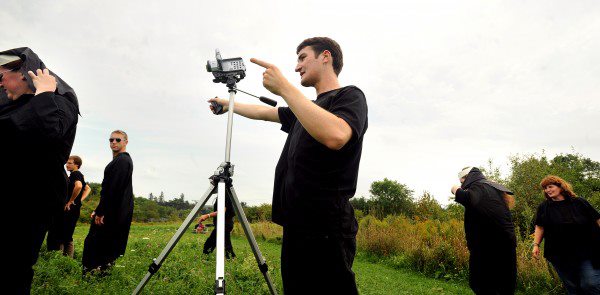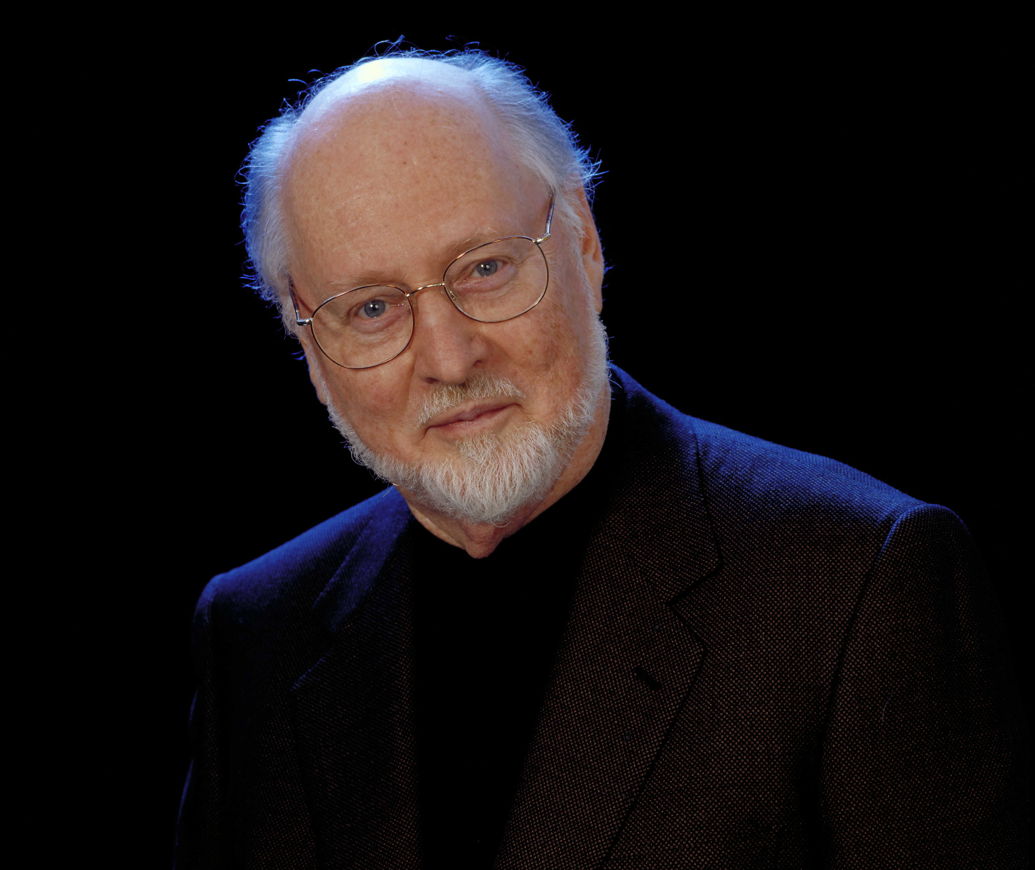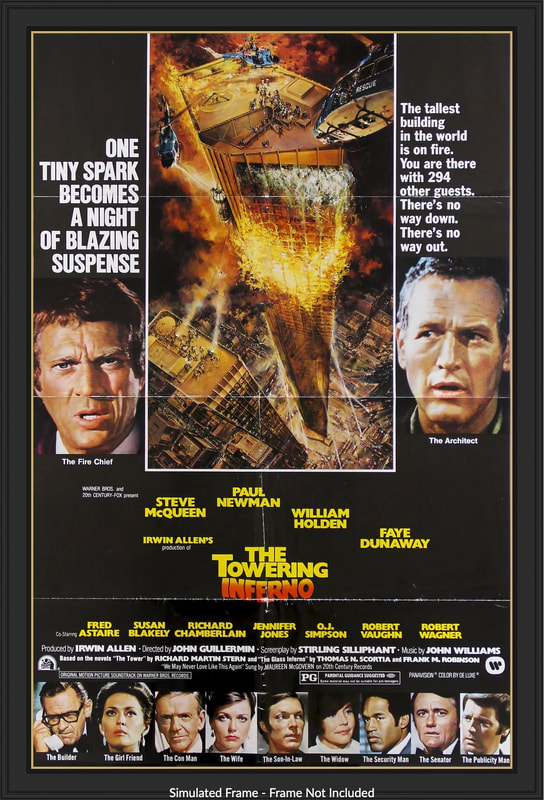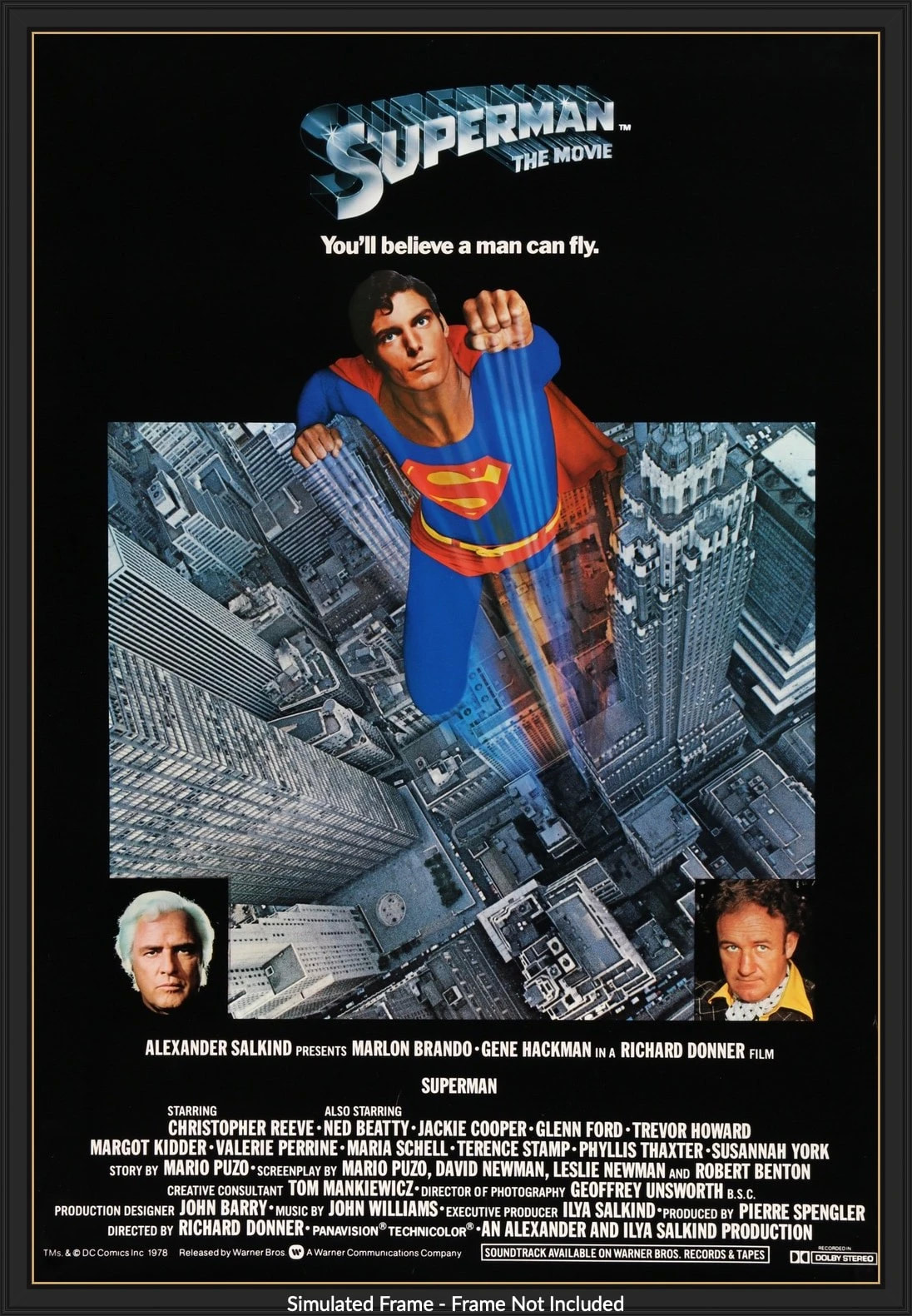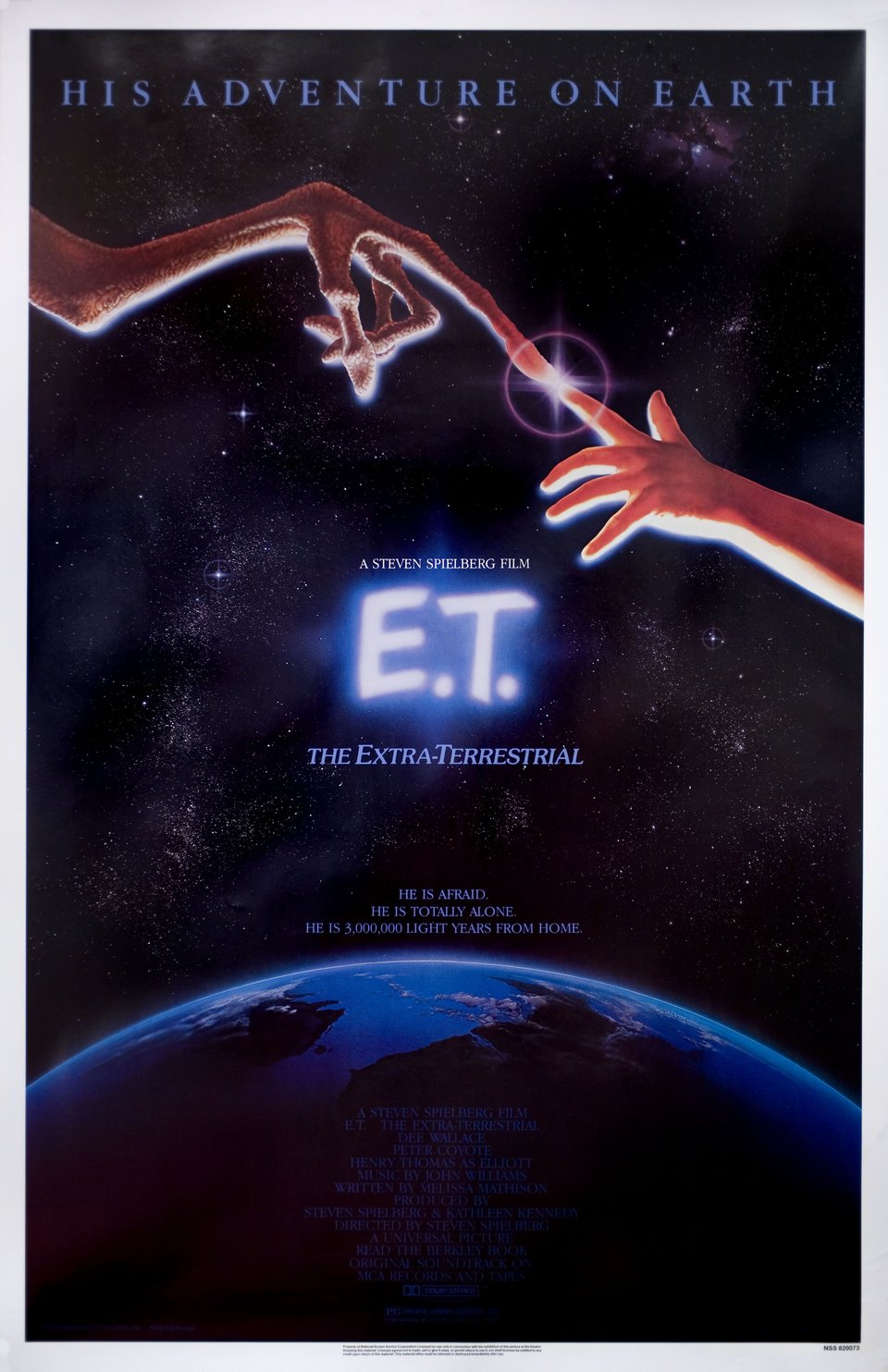Self-Directing
Thank you for visiting my blog!
Here I share what I have learned about my passions--teaching, music, and film.
Use the categories and archives features to sort posts.
Let me know what you think [email protected]
Here I share what I have learned about my passions--teaching, music, and film.
Use the categories and archives features to sort posts.
Let me know what you think [email protected]
